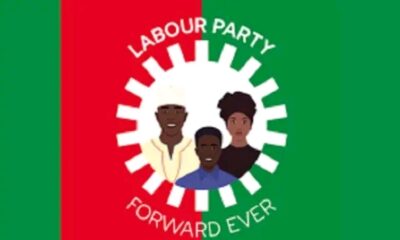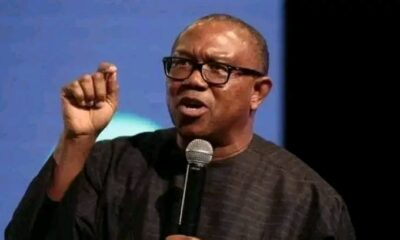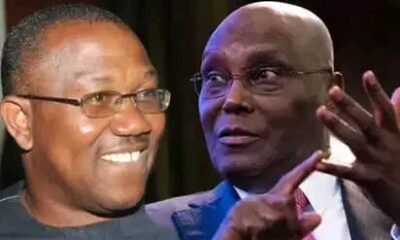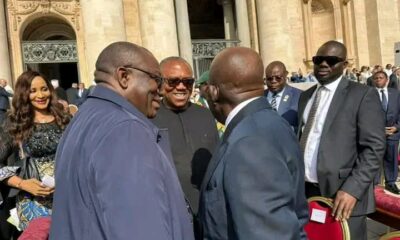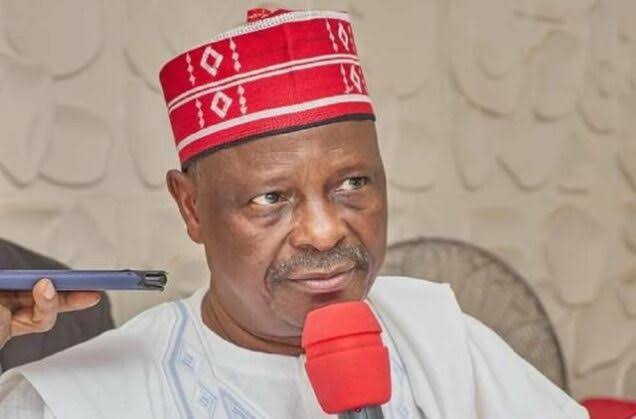Opinion
Whitewashing Obi: Why the truth must not be hidden, by Femi Ogunshola
To those who experienced his tenure as Governor of Anambra State and were abreast with developments, his shortcomings are likely clearly known. However, many Gen Zs who now make up a large portion of his fervent support base both online and offline may not have a full grasp of how he governed, what he truly achieved, and what he conveniently left undone.
It is important to continuously revisit and reflect on this history not out of malice, but to ensure no one is swept away by the illusion that Peter Obi was some flawless Archangel who descended from the heavens and landed in the South East judging from the way his supporters swoop on anyone who dare to point out his misdemeanours.
In a nation where accountability, probity, and collective amnesia confront us daily, even Evans the notorious kidnapper can be recast as a champion of a new order. As a people, we often lack the patience for scrutiny; we are easily swayed by emotion, only to regret our choices in the long run.
Peter Obi’s political ascent has been cast in near-messianic terms by his fervent supporters the Obidients. But beyond the slogans and symbolism lies a far more complex reality.
If Nigeria is truly searching for a new kind of leadership, then myth must give way to scrutiny. And in Obi’s case, the truth is too important to be ignored
Peter Obi’s political journey has been romanticised by many, especially his followers fondly called the Obidients but a closer look reveals a more complex, and perhaps inconvenient, truth. For a man projected as a saint, Obi’s political and moral record deserves a second, more critical look.
Obi’s political trajectory gained momentum when the revered Biafran warlord and leader of the All Progressives Grand Alliance (APGA), Dim Chukwuemeka Odumegwu Ojukwu, endorsed him in his bid to become Governor of Anambra State in 2003. At the time, Obi’s profile as a successful banker having served as chairman of Fidelity Bank combined with Ojukwu’s legendary status, gave him a strong launchpad.
Though he clearly won the 2003 election, the mandate was brazenly stolen by the then ruling People’s Democratic Party (PDP). It took three years of legal battle for Obi to reclaim his mandate in 2006 a moment many saw as a triumph of the judiciary.
Upon assuming office, Obi famously declared, “I will never leave APGA,” promising eternal loyalty to the party and to the legacy of Ojukwu. But not long after Ojukwu’s death in 2011, Obi defected first joining PDP in 2014. That single act shattered the myth of his unwavering loyalty.
One of the most recycled claims by Obi’s followers is that he “left behind ₦75 billion” in the Anambra treasury. However, his successor, Willie Obiano, who should know better publicly refuted this.
Obiano described the claim as exaggerated, insisting that the figures were dressed up with long-term investments and tied-up assets that could not be readily accessed by his administration.
Ironically, Obi had once referred to the PDP as a “party of looters,” yet he joined the same party in 2014 and became the Vice Presidential candidate to Atiku Abubakar in the 2019 election. When that ticket failed, he once again jumped ship this time to the Labour Party (LP), where he contested the 2023 presidential election and came third behind Bola Tinubu and Atiku Abubakar.
Obi’s 2023 campaign was bolstered by an energetic youth movement known as the Obidient Movement. While their activism gave voice to youthful political frustration, many of their actions crossed the line. Critics were not just challenged they were vilified, threatened, and bullied, both online and offline. The movement, ironically, stifled dissent and democratic engagement, which are essential to a healthy republic.
One litmus test of a true democrat is their willingness to uphold constitutional governance. Throughout his eight years as governor between 2006–2014, Obi failed to conduct local government elections, instead preferring caretaker committees, a blatant violation of Nigeria’s constitutional democracy. For someone sold as a beacon of democratic ideals, this is a glaring contradiction.
In the health sector, doctors in Anambra were on strike for nearly 13 months during his tenure, with little or no government intervention.
In education, there is scant evidence of new schools or significant infrastructure built during his administration. Compare this with Dr. Chris Ngige, who, in just three years as governor, constructed durable roads and improved the state’s healthcare and educational facilities.
One of the most controversial aspects of Obi’s public image is his selective condemnation of violence. While quick to denounce attacks in other parts of the country, Obi has largely remained silent or vague on the killings and violence perpetrated by the Indigenous People of Biafra (IPOB) in the South-East a silence that many interpret as tacit approval or cowardice.
In 2021, Peter Obi was named in the Pandora Papers, which revealed his hidden offshore assets and business dealings in tax havens, an actions that violate Nigeria’s Code of Conduct for Public Officers. He admitted to these dealings but claimed ignorance of the law, an excuse unbefitting of a former governor and aspiring president.
Moreover, when SaharaReporters exposed further allegations against him, his supporters went on a coordinated campaign to report and suspend Sowore’s Facebook page, highlighting a disturbing intolerance to scrutiny.
No man is without flaws, but to paint Obi as Nigeria’s political messiah while ignoring his past missteps is disingenuous. From abuse of state privileges to questionable financial dealings and anti-democratic practices, Obi has a record that demands accountability not whitewashing.
Nigeria is in dire need of reform and visionary leadership, but Peter Obi is not the saviour he is portrayed to be. He may offer a break from traditional political blocs, but his own record is far from spotless. Romanticising his image while burying the truth only undermines the very democratic ideals his followers claim to stand for.
It’s time to stop idolising personalities and start interrogating track records because in politics, sentiment is cheap, but leadership must be earned.
-
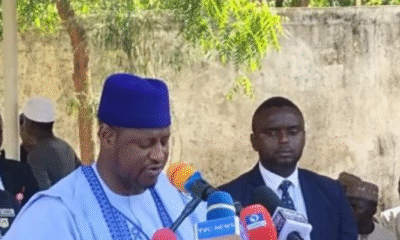
 Crime and Law1 day ago
Crime and Law1 day agoRadda vows to end banditry in Katsina
-
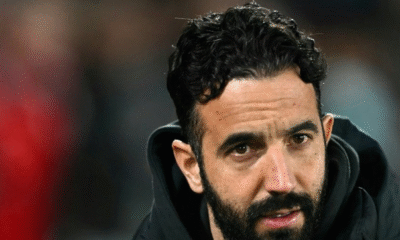
 Sports2 days ago
Sports2 days agoAmorim exit best for Man Utd – Jamie Carragher
-

 Crime and Law2 days ago
Crime and Law2 days agoTragedy as woman stabs father to death over argument
-
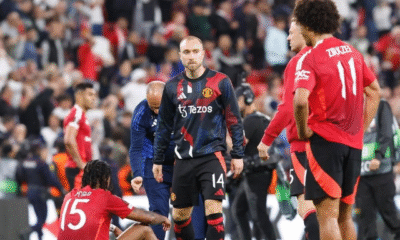
 Sports2 days ago
Sports2 days agoMan United put all players for sale after Europa’s defeat
-
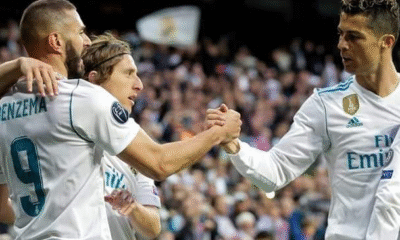
 Sports2 days ago
Sports2 days agoRonaldo, Ramos pay tribute to Modric
-
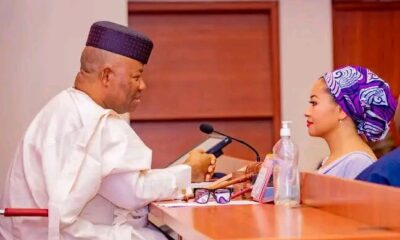
 Crime and Law1 day ago
Crime and Law1 day agoAkpabio: We’ll meet you in court, present defence, Natasha’s lawyers tell FG
-
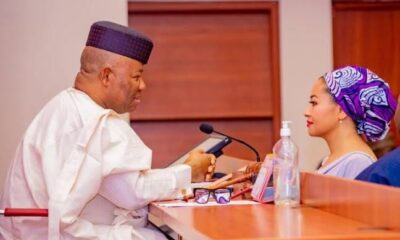
 National News1 day ago
National News1 day agoSenator Natasha faces defamation charges over comments on Akpabio
-
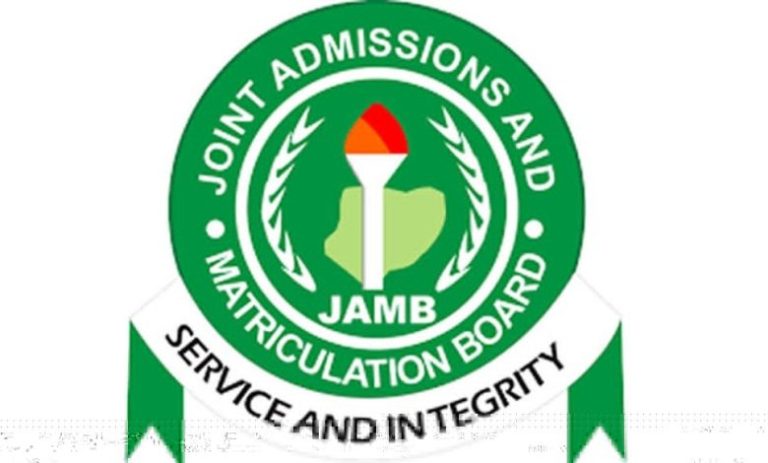
 Education1 day ago
Education1 day ago2025 UTME: 20 arrested for hacking JAMB CBT servers




